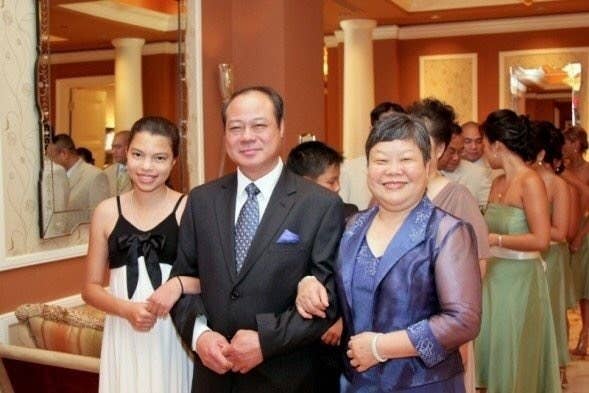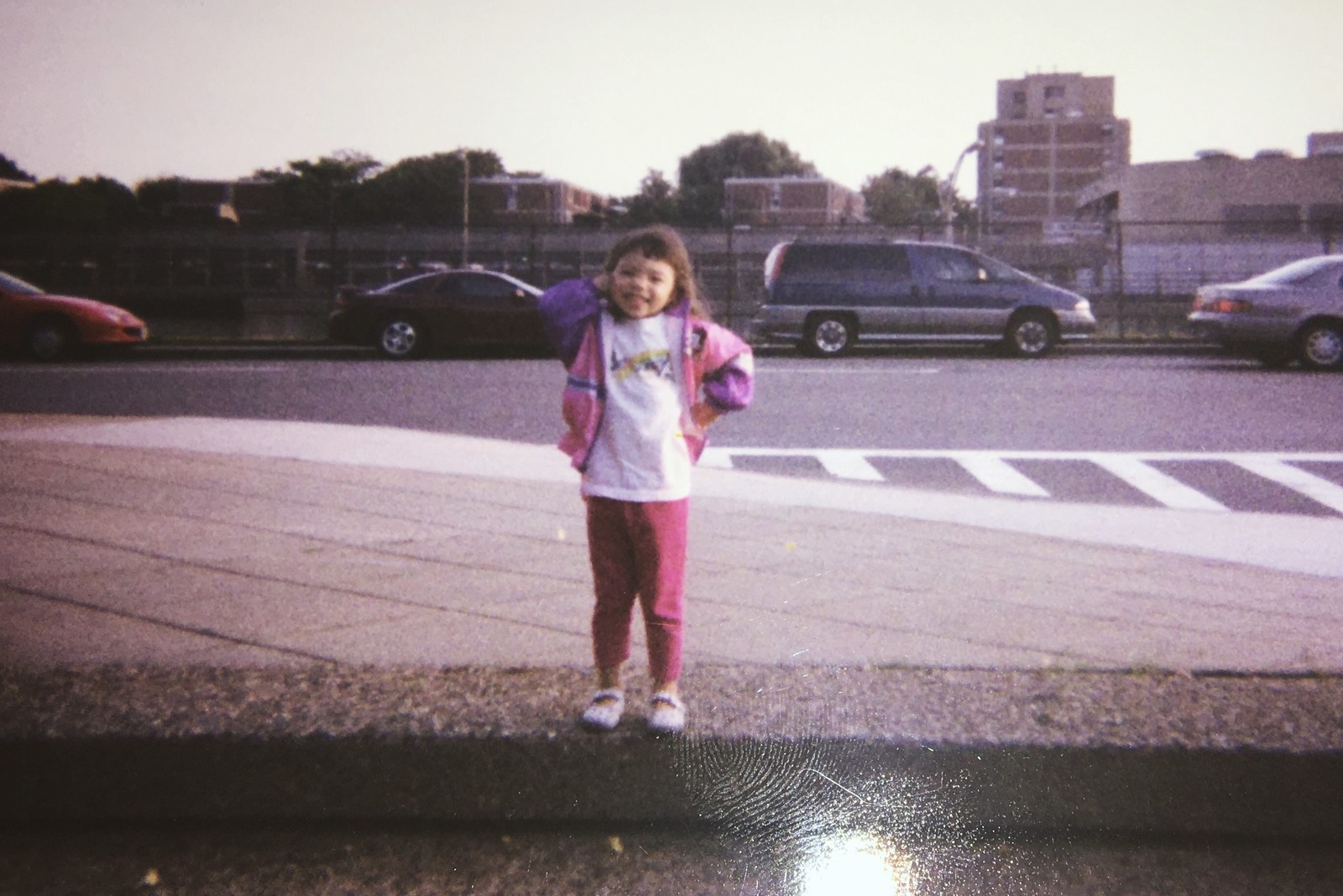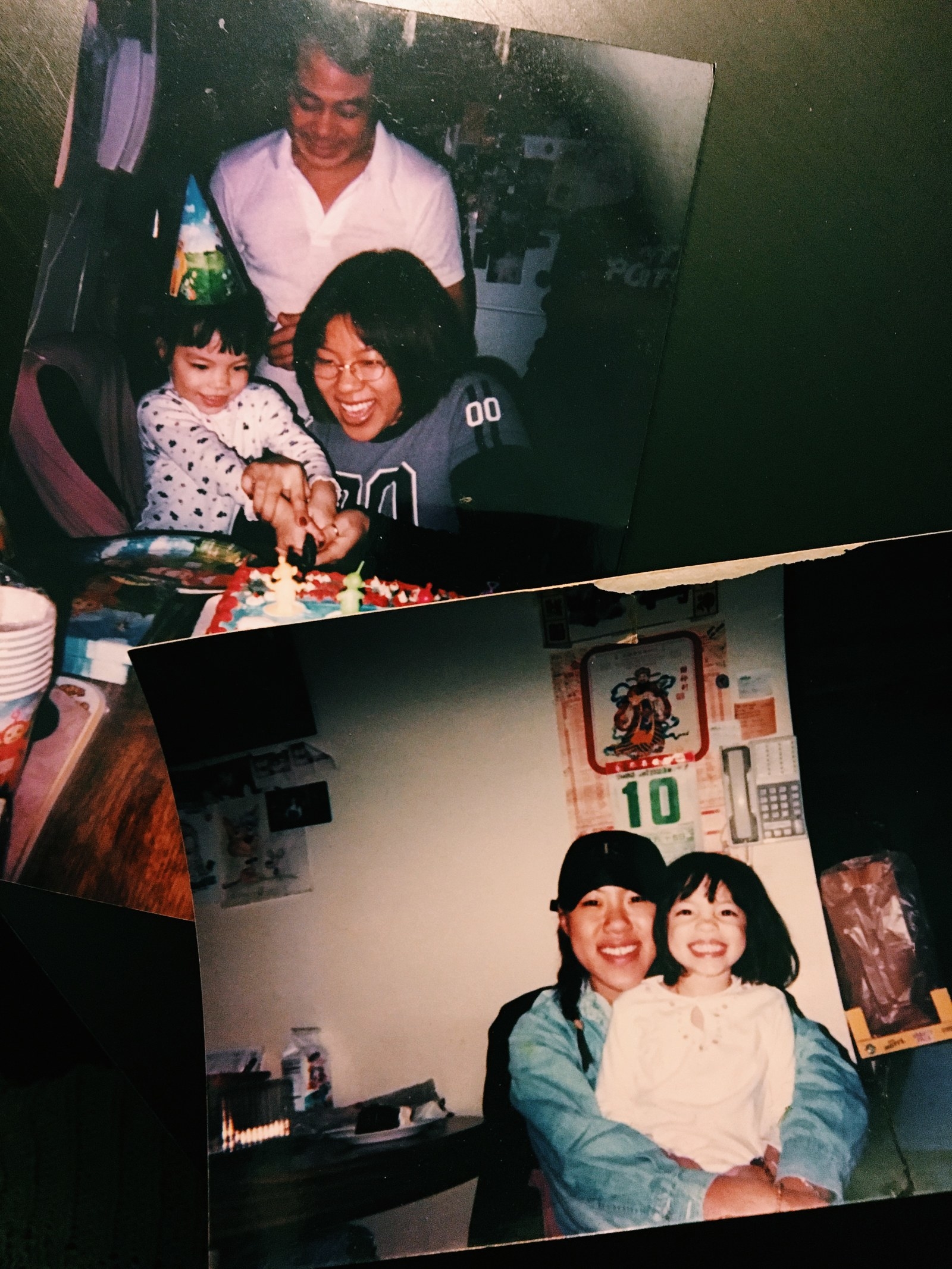
When I started working at a Boston Chinatown after school program as a group leader in 2015, speaking to my students and their parents in Cantonese had become part of my job. One of my students, named Jackie always asked me, “Ms. Kailey, you can speak Chinese?” I thought it was funny and flattering, because he was 6 years old. He said it every time he saw me, even when I was just walking by. It still didn’t bother me because well, he just graduated from kindergarten and was heading to first grade.
It wasn’t until some Asian parents started saying that exact line to me, when I started to realize that people were beginning to judge my appearance; like my wavy and curly brown hair instead of the straight jet-black hair that most Asians have. It wasn’t just about my appearance though; it was also about my ability to speak another language. Then it bothered me.
“You’re a white girl. How do you know how to speak Chinese?” An Asian father once said to me. I laughed it off and tried to change the subject. As it kept happening, I started to feel uncomfortable. I wasn’t sure if the age gap was the problem for me, but having a male adult saying it just made it different. Maybe it’s because I expected an adult to know better on how to approach me, or to understand that full Asians are not the only ones who can speak Chinese.


In high school, I started to focus on my appearance. I didn’t worry about my clothes, but rather thought about the way I looked, my skin tone, hair color and even how my voice sounded. My high school was predominantly African-American, Asian and Hispanic. I stood out as the only “white girl” in my class, while my entire school population of 300 students consisted of maybe 1 to 3 being fully white.
“You’re not Asian. You speak like a white girl!” my friends told me. But what does that mean? I wasn’t entirely sure. Speaking like a white girl? What was am I suppose to sound like? If one of my white teachers pissed off one of my Asian or African-American friends, my friends would say to me, “Girl, you need to handle your people.” Was I supposed to take offense to these comments? These were my friends, I knew they were just joking.
Once I got to college, I still found myself stuck in the middle. I wasn’t the only “white girl” in class because now, the roles were reversed. As I look around in my college classrooms, it’s easy to count the amount non-white students because there aren’t many.


